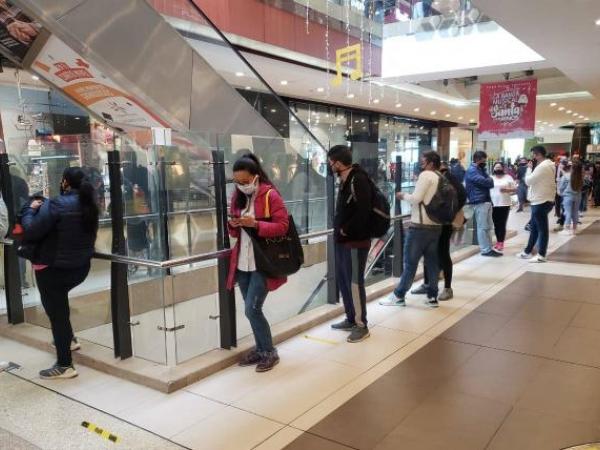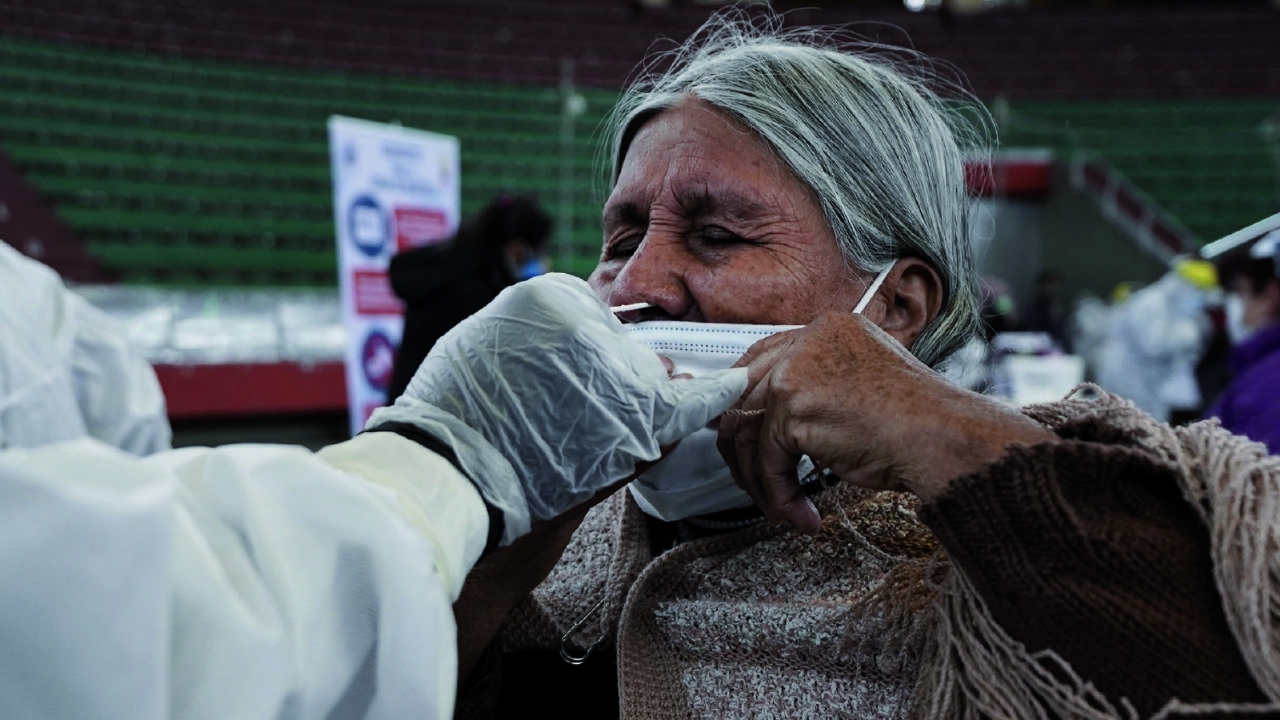The rise in the Selic rate (basic interest rate in the economy) to 7.75% per year received criticism from organizations in the productive sector. For commerce and industry, the decision of the Economic Policy Committee (Copom) of the Central Bank was excessive and increases the risk of economic recession in 2022.
In a statement, the president of the National Confederation of Industry (CNI), Robson Andrade, informed that the decision is jeopardizing the resumption of employment and the recovery of the economy. For the entity, the BC could not have accelerated the pace of readjustment, because there is a lag and the effects of increases in recent months on inflation are beginning to be felt.
“Previous interest rate increases have already started to have an impact on the economy. We realized that economic activity is showing signs of slowing down and, in the coming months, the lagged effects of the Selic increase will continue to contribute to discouraging consumption and slowing down inflation”, assesses Andrade. For him, the chances of a recession in 2022 have increased because of the negative impact of higher interest rates on credit for consumers and businesses.
For the São Paulo Trade Association (ACSP), the increase in the Selic will bring higher costs for trade and for the productive sector in general. In a statement, the entity argued that the increase in interest rates would not be justified because prices are being pressured by supply problems, such as high fuel and electricity, not because of excess demand.
According to ACSP, the Selic adjustment will make access to credit difficult. The association called for the resolution of the impasse between the federal government and Congress regarding the fiscal situation, which would contribute to the appreciation of the real and the fall in prices.
The Federation of Industries of Rio de Janeiro (Firjan) understands that a 1.5 percentage point increase in the economy’s basic interest rate (Selic) was excessive at this time. “The current inflationary scenario and expectations for inflation, mainly due to the worsening fiscal situation and the recovery of demand, justify the maintenance of the cycle of high interest rates. However, we understand that accelerating the pace of increase was premature and could compromise the recovery of an economy that is still fragile”, assessed Firjan.
The federation’s note also says that, given the future prospects of greater expansion of public spending, the approval of administrative and tax reforms is “unadferable and non-negotiable”. “Only in this way will it be possible to maintain balanced public accounts, restore business confidence and promote solid growth in economic activity.”









